The North Atlantic Treaty Organization has been having a bit of an identity crisis for more than twenty years, as the original reason for its formation — the military threat posed by the Soviet Union and its subject nations in the Warsaw Pact — had almost literally fallen down in ruins. All those main battle tanks, armoured personnel carriers, fighter-bombers, helicopters, missile launchers, and other impedimenta of war were all pointing at a vast power vacuum. Doug Bandow has a post at the Cato@Liberty blog in advance of the upcoming NATO conference in Chicago, but he has a problem in his headline that needs to be fixed:
NATO Has Become a Form of U.S. Foreign Aid
Let me fix that for you, Doug:
NATO Has Become Always Been a Form of U.S. Foreign Aid
The NATO summit starts Sunday in Chicago and will be the largest gathering ever held by the alliance. This is fitting given NATO’s desire to act around the globe. While U.S. officials say no decisions on further expanding membership will be made at the meeting, they explain that the door remains open. Adding additional security commitments in this way would be a mistake.
The United States has always been and will continue to be the guarantor of NATO’s military promises. In reality, NATO could not pay its bills without the United States, much less conduct serious military operations. American alliance policy has become a form of foreign aid. Nowhere is that more true than in Europe.
[. . .]
The United States cannot afford to take on more allies and effectively underwrite their security. It is not worth protecting Georgia at the risk of confronting Russia, for instance. Moreover, now is the time to end this foreign aid to wealthy European countries. The Europeans have a GDP ten times as large as that of Russia. Europe’s population is three times as big. The Europeans should defend themselves. If they want to expand their alliance all around Russia, let them.

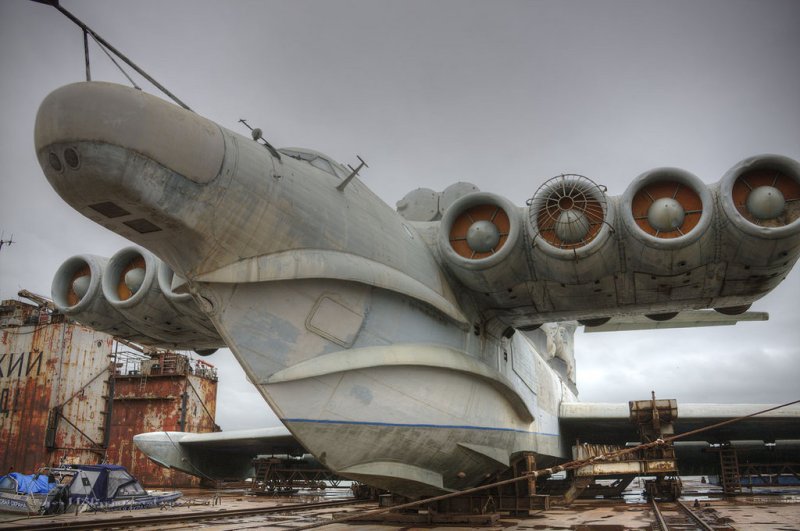
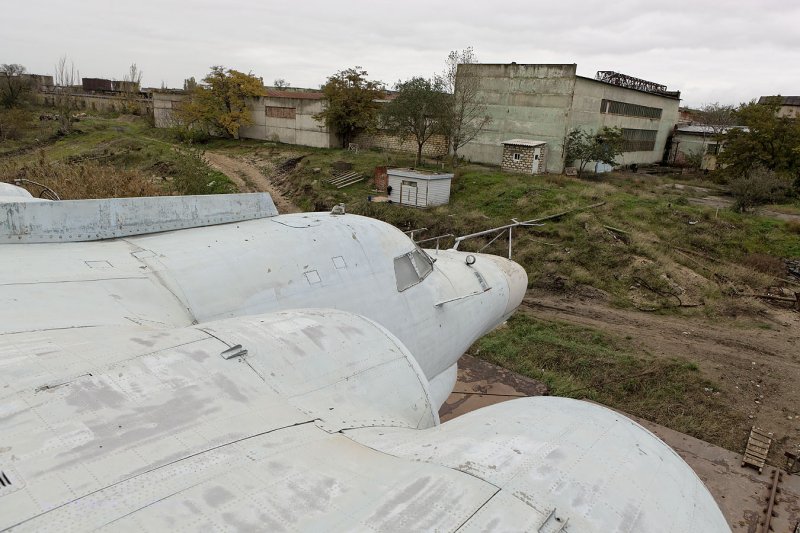
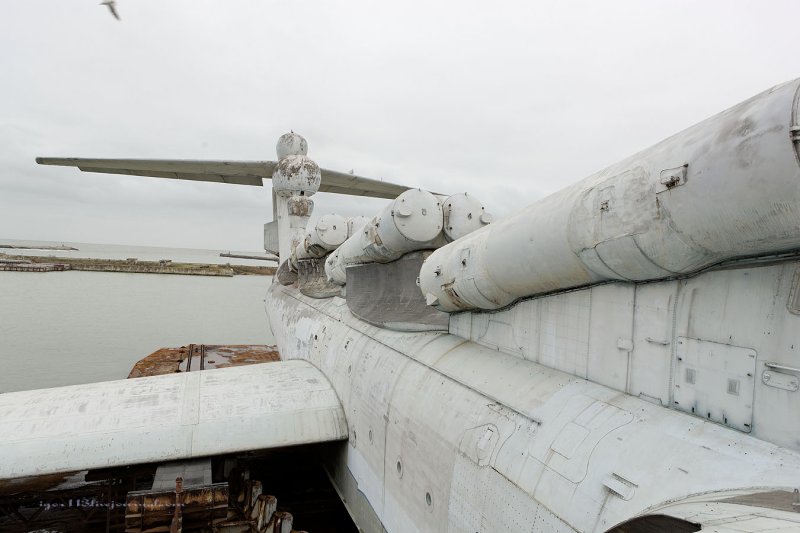
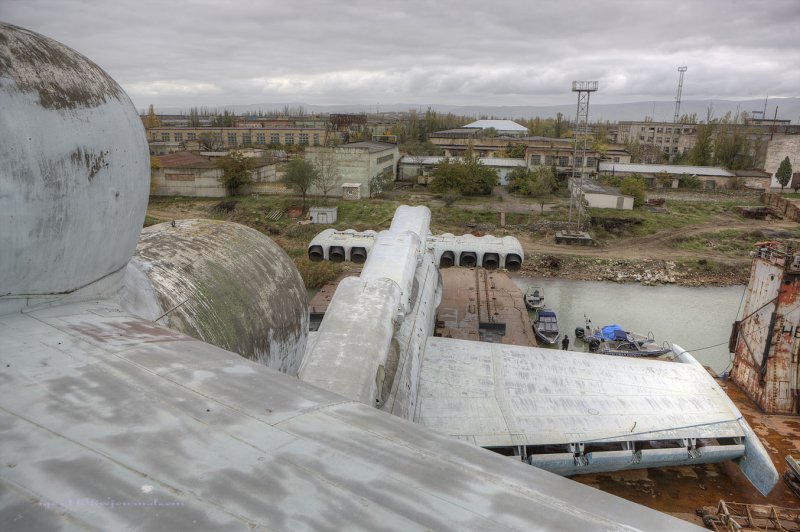
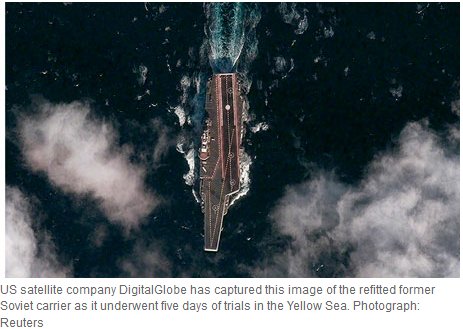 A US satellite company says it has taken a photograph of China’s first aircraft carrier during trials in the Yellow Sea.
A US satellite company says it has taken a photograph of China’s first aircraft carrier during trials in the Yellow Sea.

